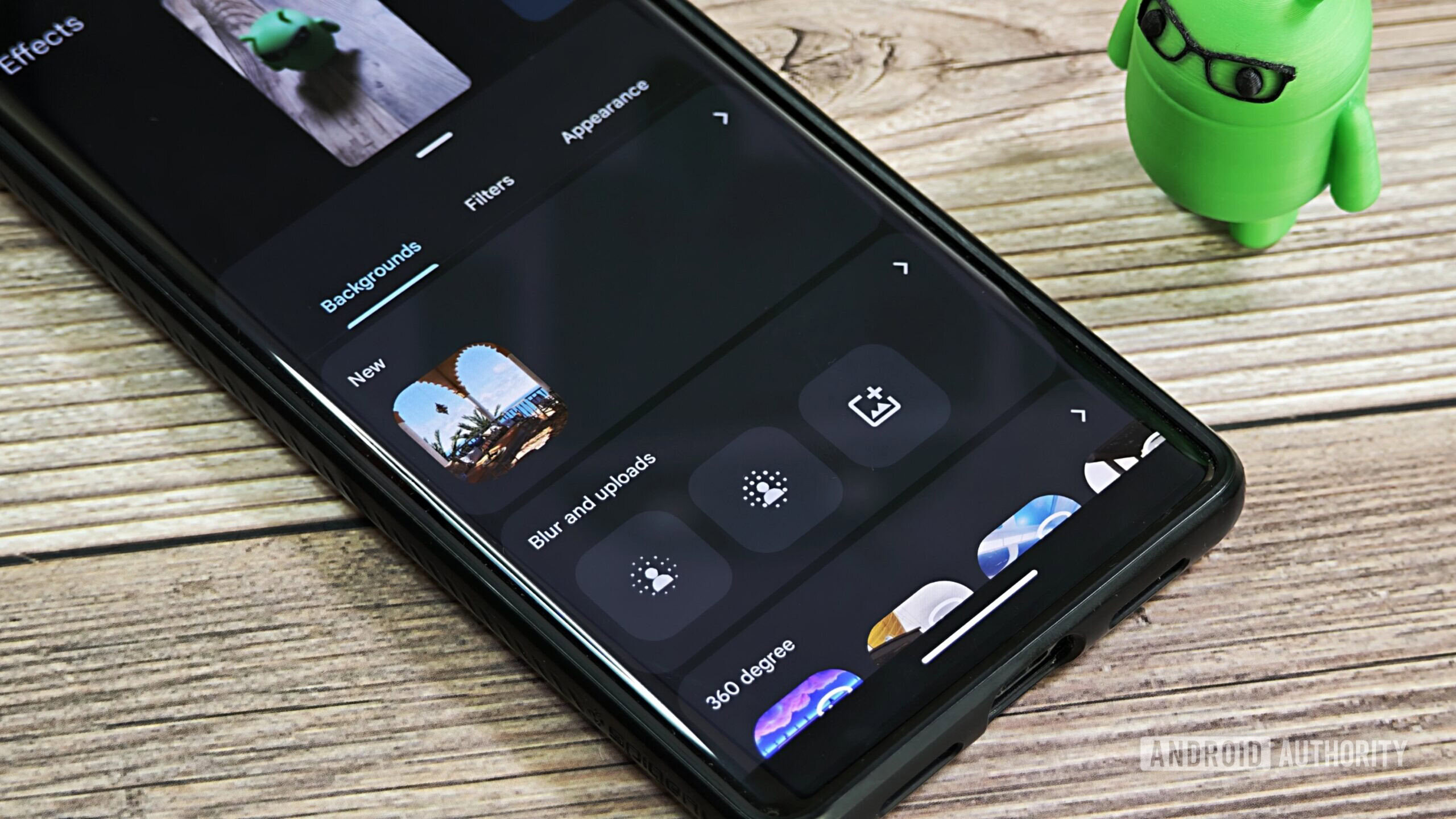Choosing the Right Generator for Your Home, Made Simple
Choosing the right generator can make all the difference when it comes to keeping your home powered during emergencies or providing backup for essential devices. Start by assessing your power needs, then consider the type, fuel, and maintenance requirements of each option

Having a reliable power source at home is crucial, especially during emergencies or power outages. Whether you're looking to keep your lights on during a storm, power essential appliances, or run tools during a DIY project, a generator can be a game-changer. However, with so many options on the market, choosing the right generator for your home can seem like a daunting task. In this guide, we’ll walk you through the process of selecting the perfect generator to meet your needs.
Why You Need a Generator
Generators are essential for providing backup power when the grid goes down. They come in handy during:
- Power Outages: Natural disasters or unexpected electrical failures can leave you without power for hours or days. A generator ensures that you have light, refrigeration, and the ability to charge devices during this time.
- Outdoor Activities: If you love camping, tailgating, or hosting outdoor events, a portable generator can power your appliances, lights, and other equipment without the need for a nearby power source.
- Home Projects: When doing construction or renovation work at home, a generator can power tools and machinery, allowing you to work without relying on electricity.
Types of Generators for Home Use
Before purchasing a generator, it’s important to understand the different types and how each one fits specific needs. Here are the main types of generators you’ll encounter:
1. Portable Generators
Portable generators are versatile, easy to use, and ideal for temporary power needs. They are often used for outdoor activities, camping, or as backup power during emergencies.
- Ranges from 1,000 to 10,000 watts.
- Typically powered by gasoline, though some models may run on propane or diesel.
- Smaller homes, RVs, camping trips, and emergency situations where you need power for essential appliances.
2. Inverter Generators
Inverter generators are a quieter, more efficient alternative to traditional portable generators. They are designed to provide clean, stable power, making them ideal for sensitive electronics like laptops, phones, and televisions.
- Typically ranges from 1,000 to 4,000 watts.
- Usually powered by gasoline or propane.
- Homeowners who need clean power for electronics or those who prioritize a quieter generator.
3. Standby Generators
Standby generators are permanently installed outside your home and are connected directly to your electrical system. These generators automatically turn on when the power goes out and can provide electricity to an entire home.
- Ranges from 7,500 to 20,000 watts or more.
- Powered by natural gas or propane.
- Larger homes, those with high energy demands, or individuals who want seamless, automatic backup power during outages.
4. Dual-Fuel Generators
Dual-fuel generators are capable of running on two different types of fuel, usually gasoline and propane. This flexibility allows you to choose the fuel that’s most convenient or cost-effective at any given time.
- Typically ranges from 3,000 to 12,000 watts.
- Gasoline and propane.
- Those who want flexibility in their fuel source or live in areas where one type of fuel may be in short supply during emergencies.
Key Considerations When Choosing a Generator
When deciding on a generator, several factors should influence your choice:
1. Power Requirements
The most important thing to consider is how much power you need. To calculate this, make a list of the appliances and devices you want to power during an outage. The generator should be able to supply enough wattage to run these devices simultaneously.
- Essential Appliances: Think about lights, refrigerator, furnace, and medical equipment.
- Starting vs. Running Watts: Some appliances, like refrigerators and air conditioners, require more power to start than to run continuously. Be sure to choose a generator that can handle both the surge (starting watts) and continuous (running watts) needs.
2. Fuel Type
Consider which fuel type is most readily available in your area. Gasoline is common, but propane and natural gas may be a better option depending on your location. Dual-fuel generators offer flexibility if you're unsure which fuel type is best.
3. Portability vs. Permanence
If you need a generator for occasional use or outdoor activities, a portable model may be the right choice. For consistent backup power or if you live in an area prone to power outages, a standby generator may be more suitable.
4. Noise Levels
Generators can be noisy, especially larger models. If you plan to use your generator in a residential area or near your home, look for quieter models. Inverter generators are especially known for their low noise levels.
5. Maintenance and Durability
A generator is an investment, so consider how easy it is to maintain and how long it will last. Choose a generator from a reputable brand with good customer support and a solid warranty. Regular maintenance, including oil changes and cleaning, is essential to keep your generator running smoothly.
Conclusion
Choosing the right generator can make all the difference when it comes to keeping your home powered during emergencies or providing backup for essential devices. Start by assessing your power needs, then consider the type, fuel, and maintenance requirements of each option. Whether you're looking for a portable model for short-term use or a standby generator for seamless power, there's a generator out there to meet your needs.
Hyundai Power offers a range of Hyundai-branded home appliances, power equipment, and industrial tools, including power generators, home appliances, solar solutions, lighting, gardening tools, and industrial equipment. With Hyundai's reliable and durable products, you can trust that your home will stay powered when you need it most, whether you're dealing with a power outage or just need some extra energy for your DIY projects.
What's Your Reaction?
 Like
0
Like
0
 Dislike
0
Dislike
0
 Love
0
Love
0
 Funny
0
Funny
0
 Angry
0
Angry
0
 Sad
0
Sad
0
 Wow
0
Wow
0


















































